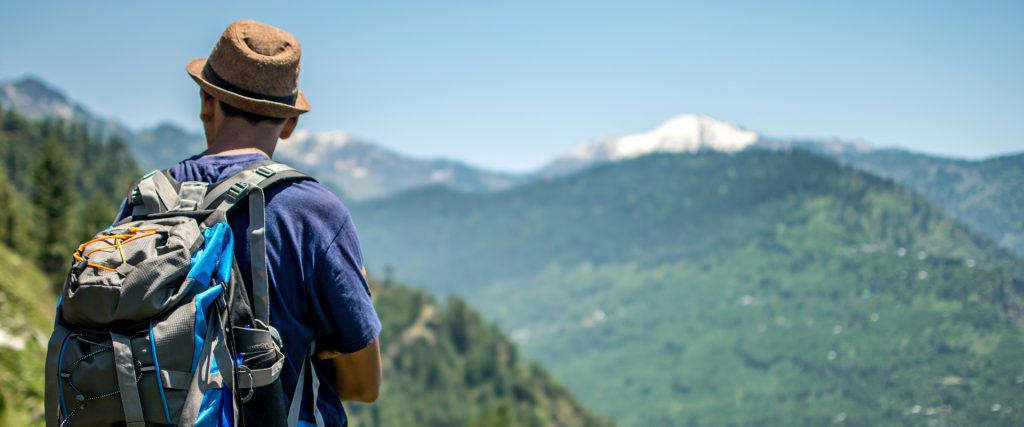Let’s cut through the noise: China isn’t a warzone, nor is it a crime-free utopia. I’ve been living in China for four decades and have been to more than 30 cities of the country, here’s my unfiltered take on safety in China —no propaganda, no fearmongering.
The Big Picture: Generally Safe, With Caveats
Statistically, China ranks among the safer countries globally. Violent crime rates in cities like Shanghai or Beijing are lower than in most Western capitals. Walk alone at 2 AM in a downtown area, and you’re more likely to trip over a sleeping delivery driver than get mugged. China safety situation in big cities means totally no worries. But this safety comes with asterisks:
- Cameras Everywhere: Over 200 million CCTV cameras monitor public spaces—parks, subways, even rural gas stations. While this deters pickpockets and violent crime, it raises privacy debates Westerners might find unsettling.
- Scam Alert: Petty scams targeting foreigners persist. Think “tea house traps” in Beijing hutongs or counterfeit taxi meters. Annoying? Yes. Dangerous? Rarely.
City Life: Ordered Chaos
Urban China operates like a beehive—messy but systematic.
- The Good:
- Police kiosks dot every major street. Officers usually speak basic English and resolve disputes swiftly.
- Lost your phone? Odds are high an aunty will chase you down to return it—face culture pressures people to “do the right thing.”
- The Bad:
- Delivery Riders: Some delivery riders treat sidewalks like Formula 1 tracks. They are in a hurry so that they can finish the order on time, or they might delay the delivery and get bad comments. Some of them don’t obey traffic rules. I was once hit by a rider’s e-bike when walking in the sidewalk. He apologized again and again. Though I was angry, I didn’t call the police because I wasn’t hurt. But it really need attention while walking in the street. Remember: Walking in streets like you’re in a real-life Frogger game.
- Construction Zones: Sidewalk trenches left uncovered, dangling wires from buildings—developers prioritize speed over safety. So be careful and keep distance to these zones.
Rural Risks: Infrastructure Roulette
Venture beyond tier-3 cities, and safety standards wobble.
- Transport:
- Mountain roads in Yunnan or Sichuan often lack guardrails. Local buses may have bald tires and seats bolted to the floor with… optimism.
- “Glass Skywalks” at tourist sites have made headlines for cracks and fatal collapses. Check recent inspection dates before stepping onto any cliffside attraction.
- Accommodation: Quirky guesthouses might charm you with paper-thin walls, but check for fire exits. Many rural lodgings ignore fire codes entirely.
Health & Hygiene: Mixed Bag
- Hospitals: Tier-1 cities have international clinics with English-speaking staff. Rural areas? A county hospital might reuse needles if unsupervised. Always ask for sealed equipment.
- Food Safety: Street food won’t kill you, but watch for reused cooking oil. Stick to busy vendors—high turnover means fresher ingredients.
- Air Quality: Northern cities (Beijing, Tianjin) still battle winter smog. Download IQAir to track real-time PM2.5 levels.
Political Sensitivities: The Unspoken Rules
Physical safety isn’t the only concern.
- Free Speech Limits: Criticizing the government or discussing sensitive topics (Taiwan, Tibet) publicly can attract unwanted attention.
- Arbitrary Enforcement: Local officials sometimes overreact. During political meetings (e.g., National Congress), VPNs may be spotty, and police checks increase in some cities. But this is not a problem for foreign visitors. They only check locals.
Practical Safety Hacks
- Use Didi (Chinese Uber): Licensed drivers, fixed fares, and SOS button in-app. Safer than hailing random taxis.
- Avoid Protest Crowds: Even peaceful gatherings can escalate. Foreigners risk being scapegoated.
- Learn Emergency Phrases: “Help!” (Jiùmìng!), “Call the police!” (Bào jǐng!). Most locals will assist.
China Safety Situation Final Verdict:
China’s safer than some Instagram feed suggests but demands street smarts. Yes, you can let your guard down more than in Paris or New York—just stay sharp around construction zones and rogue e-bikes. As the locals say: “Ànquán dì-yī” (Safety first). Even if they sometimes ignore their own advice.

